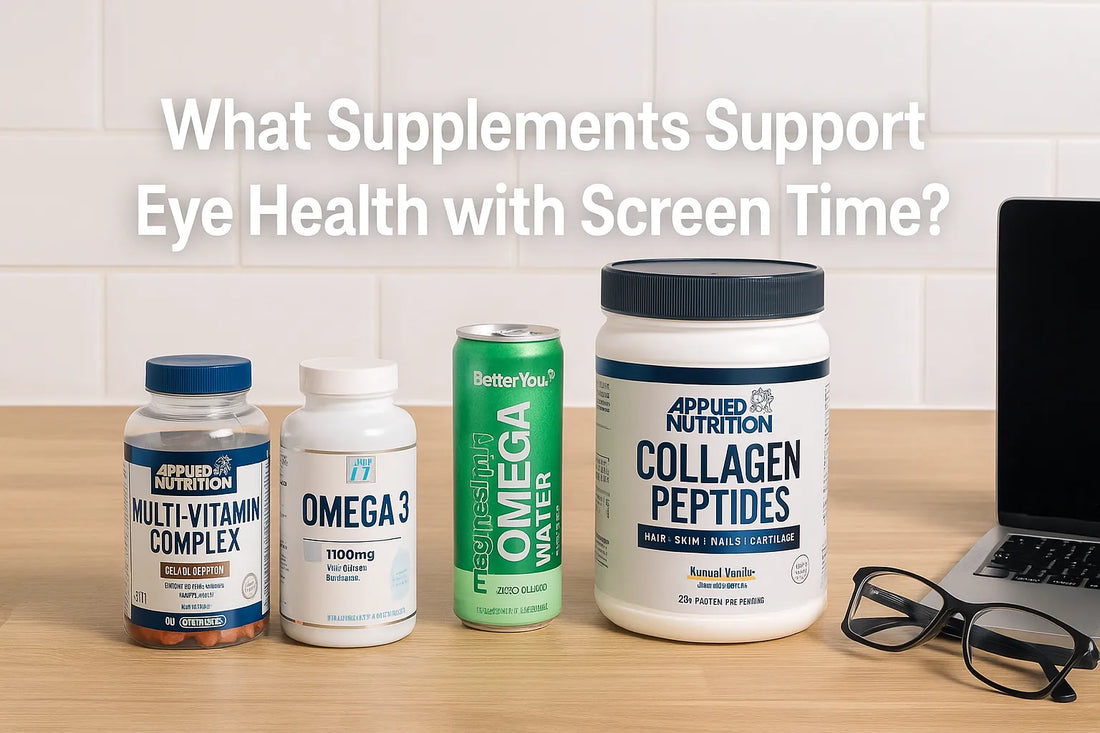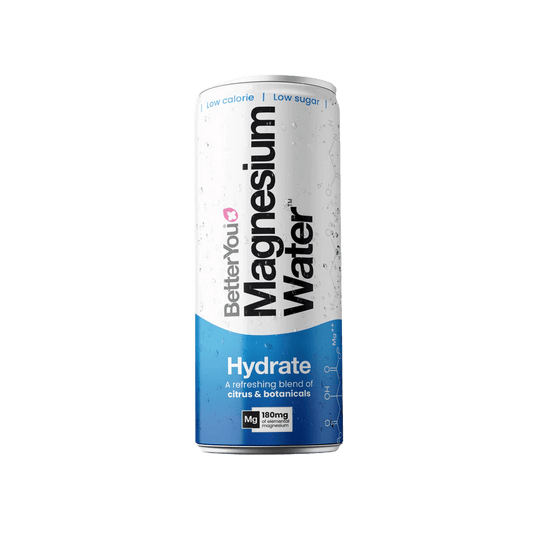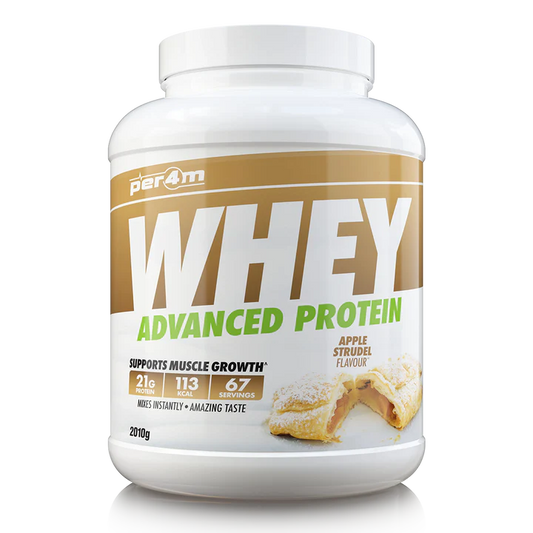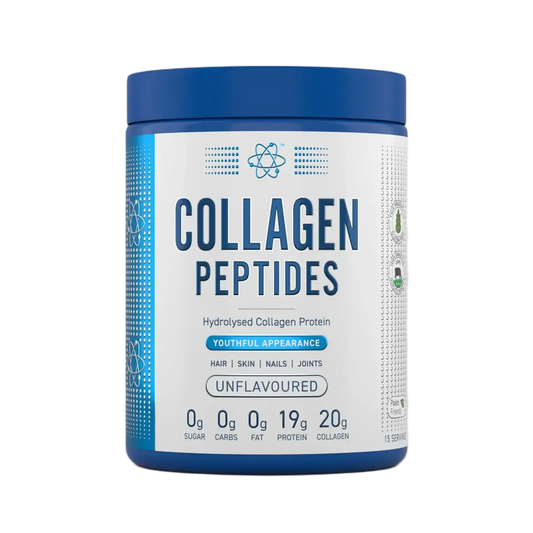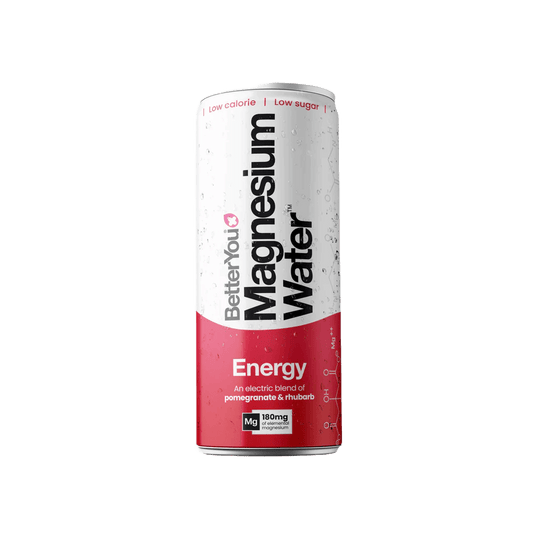Introduction: Eyes in the Digital Age
Screens are no longer optional. Most of us spend 6–10 hours a day looking at computers, tablets, and smartphones. That constant exposure leads to digital eye strain — dryness, blurred vision, headaches, and fatigue. Over time, screen habits may even accelerate long-term eye health problems if you don’t take care of yourself.
Nutrition plays a bigger role than most people realise. Certain vitamins, minerals, and supplements can protect your eyes from screen damage, keep them lubricated, and reduce oxidative stress from blue light. Think of it as giving your eyes the fuel they need to stay strong in the digital age.
Let’s break down the key supplements that actually support eye health in screen-heavy lifestyles.
1) How to Improve Eyesight From Screen Time?
When people talk about “eye damage” from screens, they often imagine permanent loss of eyesight. In reality, most of the discomfort is temporary strain caused by:
-
Blue light exposure.
-
Dehydration of the eye’s tear film.
-
Muscles working overtime to maintain focus.
Supplements can improve resilience against this kind of strain:
-
Antioxidants like vitamins C and E reduce oxidative stress on the retina.
-
Omega-3 fatty acids keep the eyes hydrated and reduce dryness.
-
Zinc supports enzyme activity in the retina, protecting visual function.
💡 Applied Nutrition Multi-Vitamin Complex is an easy way to cover the basics, ensuring you’re not missing key micronutrients needed for clear, healthy vision.

2) Which Supplements Improve Eyesight?
No capsule will give you superhero-level vision, but research does support certain supplements for maintaining healthy eyesight:
-
Lutein & Zeaxanthin – carotenoids that sit in the macula and absorb harmful blue light from screens.
-
Omega-3 (EPA/DHA) – reduces eye dryness and supports tear production.
-
Vitamin A – maintains the retina’s light-sensing ability.
-
Zinc – essential for transporting vitamin A into the retina.
💡 Supplement Needs Omega 3 is especially helpful for office workers staring at screens all day, cutting down irritation and keeping eyes hydrated.
3) What Vitamin Clears Blurry Vision?
Blurry vision after long screen sessions is usually down to muscle fatigue or dryness, but deficiencies can play a role.
-
Vitamin A → essential for rhodopsin, the protein that lets you see in low light.
-
Vitamin B12 → deficiency can cause nerve-related vision problems.
-
Folate → improves blood flow to the optic nerve.
💡 A high-quality daily multivitamin like Applied Nutrition Multi-Vitamin Complex keeps levels of vitamin A, B12, and folate steady, helping prevent “screen blur” from becoming a daily battle.

4) What Is the Number One Supplement for Eye Health?
If we had to crown one supplement, it would be lutein. It acts like built-in sunglasses, filtering blue light before it can damage the retina. Higher lutein intake is linked with reduced risk of macular degeneration and better visual performance under stress.
That said, lutein works best when paired with other nutrients like zinc and omega-3s. Supplements don’t work in isolation — your eyes thrive on a team approach.
💡 Stack Supplement Needs Omega 3 with a broad multivitamin for maximum effect.

5) How Can I Restore My 20/20 Vision Naturally?
Let’s be clear: no supplement can reverse myopia, hyperopia, or astigmatism. If your eyes need glasses, supplements won’t cure that. But they can support the parts of your vision that do get strained by screens:
-
Relaxing the muscles with magnesium.
-
Supporting tear production with omega-3s.
-
Protecting the retina with antioxidants.
💡 BetterYou Magnesium Water is a smart addition here. While it doesn’t directly “fix” vision, magnesium reduces stress and muscle tightness, which helps with the headaches and eye strain caused by screen overuse.
What Supplements Support Eye Health with Screen Time? (Part 2)
6) Can Omega-3 Improve Eyesight?
Absolutely. While omega-3s won’t give you sharper vision in the sense of correcting myopia, they do dramatically improve the comfort and clarity of your eyes. DHA, in particular, is a major structural fat in the retina. Without enough DHA, your retina can’t function optimally.
EPA and DHA also reduce inflammation around the eye and support the oil glands in your eyelids, which keep tears from evaporating too quickly. For anyone experiencing dry, gritty, or red eyes after screen use, omega-3 is one of the best fixes.
💡 Supplement Needs Omega 3 provides high-quality EPA and DHA to hydrate, protect, and maintain long-term vision health.
7) Does Lutein Improve Eyesight?
Lutein is one of the most well-studied nutrients for vision. It’s concentrated in the macula — the part of the retina responsible for sharp, central vision. By absorbing high-energy blue light, lutein protects sensitive tissues from damage.
Long-term, this means reduced risk of age-related macular degeneration and better resistance to screen-induced fatigue. If you’re on screens every day, lutein is a must-have.
💡 While lutein itself isn’t in your supplement lineup, stacking Applied Nutrition Multi-Vitamin Complex with foods rich in lutein (spinach, kale, broccoli) covers this gap well.

8) What Vitamin Deficiency Causes Blurry Vision?
Several deficiencies can lead to blurred or unstable vision:
-
Vitamin A deficiency → night blindness and dry eyes.
-
Vitamin B12 deficiency → optic nerve damage and visual disturbances.
-
Vitamin D deficiency → linked to eye inflammation and fatigue.
💡 Applied Nutrition Multi-Vitamin Complex gives you all three in one formula, making it one of the most practical defenses against deficiency-related eye problems.
9) Can Myopia From Screen Time Be Reversed?
Unfortunately, no. Myopia (short-sightedness) is structural — the eyeball lengthens, meaning light doesn’t focus correctly on the retina. Supplements can’t reverse this, but they can improve the way your eyes cope with screen strain:
-
Magnesium water → reduces muscle tension from prolonged focusing.
-
Omega-3 → supports hydration and reduces inflammation.
-
Multivitamins → keep essential nutrients topped up for eye function.
💡 Combining BetterYou Magnesium Water with Supplement Needs Omega 3 helps reduce the discomfort associated with long screen sessions, even though it won’t change your prescription.
10) What Is the Best Food for Eye Vision?
Diet still matters. The best foods for eye health include:
-
Leafy greens (spinach, kale, broccoli) → rich in lutein and zeaxanthin.
-
Oily fish (salmon, mackerel, sardines) → packed with omega-3s.
-
Carrots and sweet potatoes → loaded with beta-carotene (vitamin A).
-
Nuts and seeds → provide vitamin E and zinc.
Supplements aren’t a replacement, but when your diet isn’t perfect, they ensure consistency.
💡 For the best balance, pair Applied Nutrition Multi-Vitamin Complex with Per4m Advanced Whey Protein for added nutrient support and energy when fatigue from long hours at the desk sets in.

🧠 FAQ: Screen Time and Eye Health
1. What supplements protect eyes from screen time?
Multivitamins, omega-3s, magnesium, and antioxidants like lutein.
2. Can omega-3 help with dry eyes?
Yes — omega-3 improves tear stability and reduces eye dryness from screens.
3. Should I take supplements daily for eye health?
Yes, consistency is key — nutrients build up over time.
4. Do blue-light glasses work better than supplements?
They help reduce strain, but supplements strengthen the eye from within.
5. What vitamin deficiency causes eye fatigue?
Low B12, vitamin A, and vitamin D are the biggest culprits.
6. Can supplements reverse poor eyesight?
No — but they can improve comfort, slow deterioration, and reduce screen strain.
7. How quickly do supplements help with eye strain?
Most people feel a difference in dryness and fatigue within 4–6 weeks.
8. Are supplements safe to combine for eye health?
Yes — stacking a multivitamin with omega-3 and magnesium is safe and effective.
🏁 Conclusion: Protecting Your Eyes in the Digital Era
Screens aren’t going anywhere — if anything, we’ll be spending even more time in front of them as work and life continue to digitise. That makes eye health no longer just about prescription glasses — it’s about supporting your eyes from the inside out.
Supplements like Applied Nutrition Multi-Vitamin Complex, Supplement Needs Omega 3, BetterYou Magnesium Water, Applied Nutrition Collagen Peptides, and Per4m Advanced Whey Protein work together to protect the retina, reduce dryness, cut down on strain, and ensure your eyes have the nutrients they need to stay resilient.
Pair these with smart habits — like the 20-20-20 rule, proper hydration, and regular breaks — and you’ll notice less fatigue, sharper focus, and healthier long-term vision.
👉 Your eyes are working overtime every day. It’s time to give them the same care you give the rest of your body.

